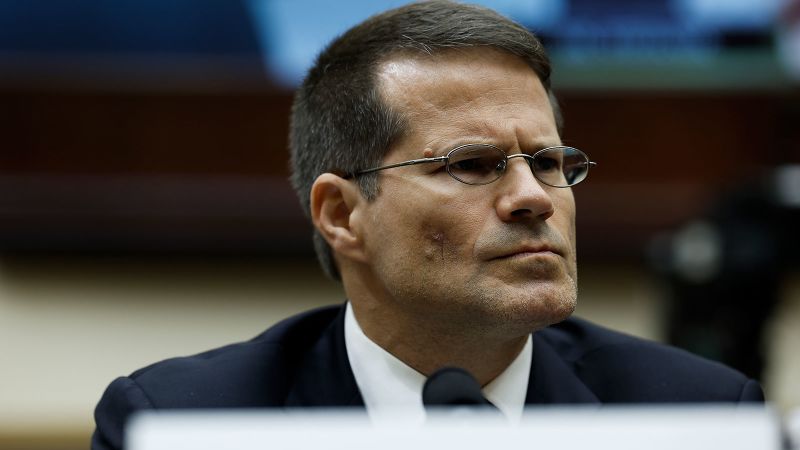Supreme Court Considers Trump's Challenge to Birthright Citizenship and Nationwide Injunctions
The Supreme Court will hear Trump's appeal to end birthright citizenship and limit nationwide injunctions affecting federal policies.
Subscribe to unlock this story
We really don't like cutting you off, but you've reached your monthly limit. At just $5/month, subscriptions are how we keep this project going. Start your free 7-day trial today!
Get StartedHave an account? Sign in
Overview
The Supreme Court is poised to hear arguments in a high-stakes case addressing President Trump's executive order aimed at restricting birthright citizenship. The justices will evaluate the legality of nationwide injunctions that have blocked this policy, amid concerns over whether individual judges can halt presidential actions across the country. The implications of this ruling could set a precedent not only for immigration policy but also for the scope of judicial power over executive actions. A decision is expected by early summer.
Report issue

Read both sides in 5 minutes each day
Analysis
- The Supreme Court will hear President Trump's request to lift nationwide injunctions and allow him to enforce executive orders limiting birthright citizenship, asserting that only children of lawful permanent residents should qualify for citizenship under the 14th Amendment.
- Critics argue that the administration's interpretation of birthright citizenship is unconstitutional and undermines the historical legal understanding established by the 14th Amendment, potentially leading to confusion and differing citizenship statuses based on state.
- The outcome of this case will impact not only birthright citizenship but also set precedents regarding the scope and validity of nationwide injunctions against presidential policies.
Articles (4)
Center (2)
FAQ
The Supreme Court is primarily considering whether lower-court judges can issue nationwide injunctions that block an executive order across the entire country, specifically in the context of Trump's attempt to end birthright citizenship.
Trump's executive order declares that only children born in the U.S. to parents who have permanent legal status are eligible for birthright citizenship, effectively ending the longstanding interpretation that anyone born on U.S. soil is a citizen regardless of their parents' status.
The 14th Amendment, which guarantees citizenship to all persons born or naturalized in the United States and subject to its jurisdiction, is central to the debate on birthright citizenship.
If upheld, the order could deny citizenship to children born in certain states to parents without permanent legal status, effectively restricting birthright citizenship in parts of the country and setting a precedent limiting judicial power over executive actions.
Many legal experts and scholars argue that Trump's executive order is blatantly unconstitutional as it contradicts over 120 years of Supreme Court precedent affirming birthright citizenship under the 14th Amendment.
History
- This story does not have any previous versions.


